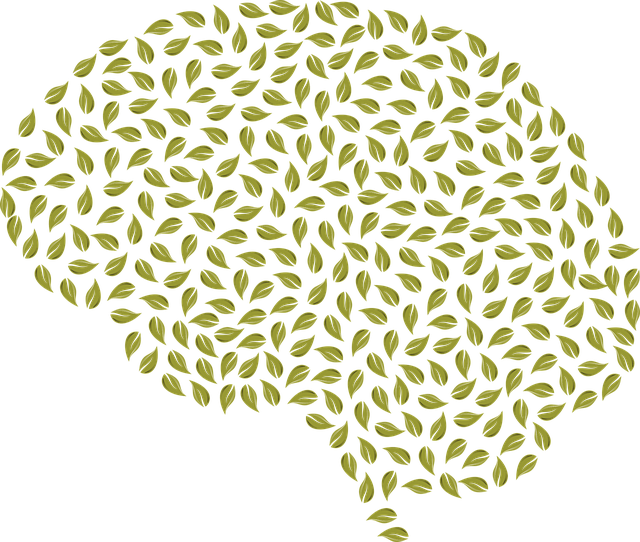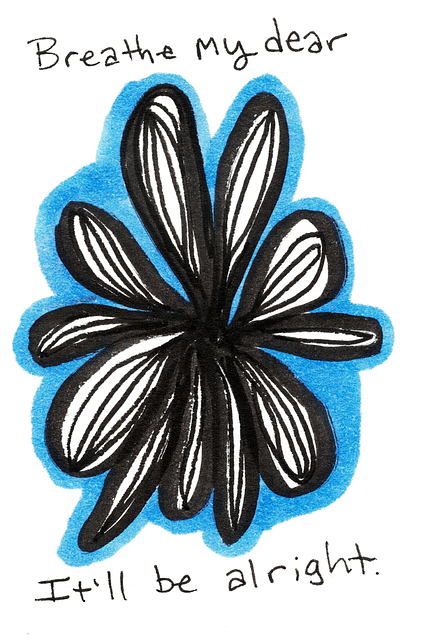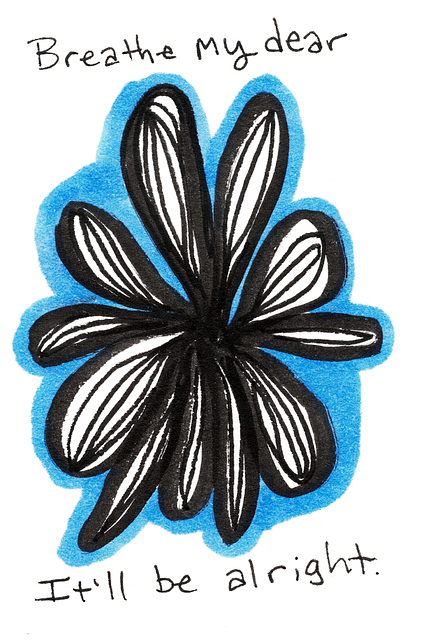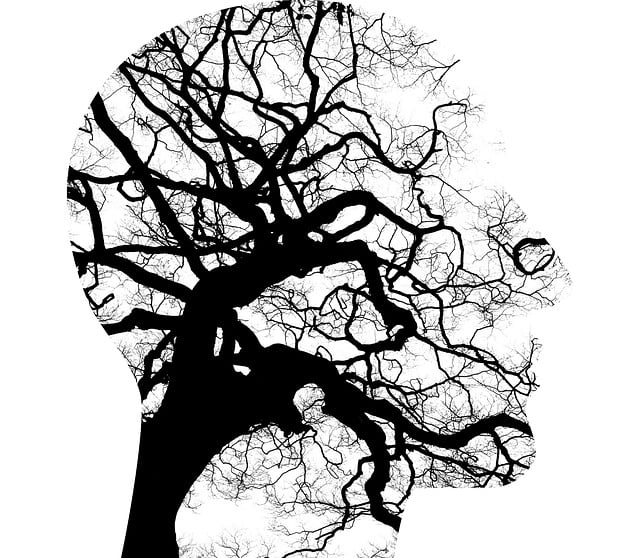Highlands Ranch Mindfulness Therapy offers personalized crisis intervention services that combine self-awareness exercises, mood management, and self-care routines to help individuals manage emotions during traumatic events. Their holistic approach considers cultural background, personal history, and specific challenges, fostering resilience and promoting long-term mental well-being. Active listening, deep breathing exercises, mindfulness practices, positive thinking affirmations, and self-care routines are among the techniques used to stabilize clients during crises. Post-crisis support focuses on building resilience through self-care routines, community outreach programs, and social skills training.
In stressful times, effective crisis intervention strategies are vital. This guide explores essential techniques for navigating challenging situations, focusing on active listening and empathy as cornerstones of support. We delve into calming methods and building resilience, offering practical advice tailored to individuals and communities. From understanding crisis roots to post-crisis care, this resource provides valuable insights, especially relevant to Highlands Ranch Mindfulness Therapy practitioners aiming to make a profound impact.
- Understanding Crisis Intervention: A Foundation for Action
- The Role of Active Listening and Empathy in Crisis Situations
- Techniques for Calming and Stabilizing Individuals in Distress
- Building Resilience: Post-Crisis Support and Prevention Strategies
Understanding Crisis Intervention: A Foundation for Action

Crisis intervention is a crucial field that focuses on providing immediate and targeted support to individuals facing severe distress or traumatic events. At Highlands Ranch Mindfulness Therapy, we understand that every crisis is unique, and our strategies are tailored to meet the specific needs of each client. The foundation of our approach lies in fostering self-awareness exercises, which empower individuals to recognize and manage their emotions effectively.
By integrating practices such as mood management techniques and self-care routines into our guidance, we enable clients to navigate turbulent times with resilience. These strategies are not one-size-fits-all; instead, they are adapted from a holistic perspective, considering the individual’s cultural background, personal history, and unique challenges. Through this personalized approach, Highlands Ranch Mindfulness Therapy aims to enhance individuals’ ability to cope with crises, promote healing, and support long-term mental well-being.
The Role of Active Listening and Empathy in Crisis Situations

In crisis intervention, active listening is a cornerstone technique that fosters immediate connection and builds trust with individuals in distress. Practiced by professionals at Highlands Ranch Mindfulness Therapy, this involves fully concentrating on the speaker’s words and non-verbal cues while providing verbal affirmations to ensure understanding. Active listening not only demonstrates empathy but also allows for the identification of underlying issues and nuances that may be crucial in managing a crisis effectively.
Empathy, another vital tool, enables mental health professionals to understand the individual’s perspective and emotional state, enhancing the therapeutic effect. By acknowledging and validating their feelings without judgment—a skill that coping skills development often emphasizes—therapists create a safe space for clients to express themselves. This cultural sensitivity in mental healthcare practice ensures that interventions are tailored not just to the crisis but also to the unique background and experiences of each individual, promoting anxiety relief and fostering resilience.
Techniques for Calming and Stabilizing Individuals in Distress

In moments of crisis, calming and stabilizing individuals in distress is paramount. Techniques such as deep breathing exercises, often taught by Highlands Ranch Mindfulness Therapy experts, can help to slow heart rates and promote relaxation. Encouraging individuals to focus on their senses—what they see, hear, touch, smell, and taste—in the present moment through mindfulness practices can also serve as an effective grounding strategy.
Additionally, fostering positive thinking through affirmations or engaging in self-care practices like meditation or journaling can aid in stress reduction methods. These techniques not only help to stabilize the individual during the crisis but also equip them with valuable tools for navigating future challenging situations.
Building Resilience: Post-Crisis Support and Prevention Strategies

After a crisis, building resilience is key to fostering recovery and preventing future incidents. Highlands Ranch Mindfulness Therapy emphasizes the importance of post-crisis support and proactive strategies to enhance mental health and well-being. One effective approach is encouraging individuals to develop a robust self-care routine. This involves prioritizing activities that nurture emotional balance, such as meditation, exercise, and engaging in hobbies. By integrating these practices into daily life, individuals can better manage stress and adversity, thereby strengthening their resilience.
Additionally, community outreach programs play a vital role in building a supportive network. Implementing initiatives that foster social connections and provide access to mental health resources empowers individuals to seek help without stigma. Social skills training is another important component, helping people develop effective communication and interpersonal strategies to navigate challenges and build strong support systems. These collective efforts create an environment where individuals can heal, grow, and thrive post-crisis.
In the realm of crisis intervention, a multifaceted approach combining understanding, active listening, empathy, calming techniques, and resilience building is key. By integrating strategies discussed, such as those championed by Highlands Ranch Mindfulness Therapy, individuals and communities can better navigate and recover from crises. Empowering oneself with these tools not only enhances personal well-being but also fosters a supportive environment where others can find stability and hope.














